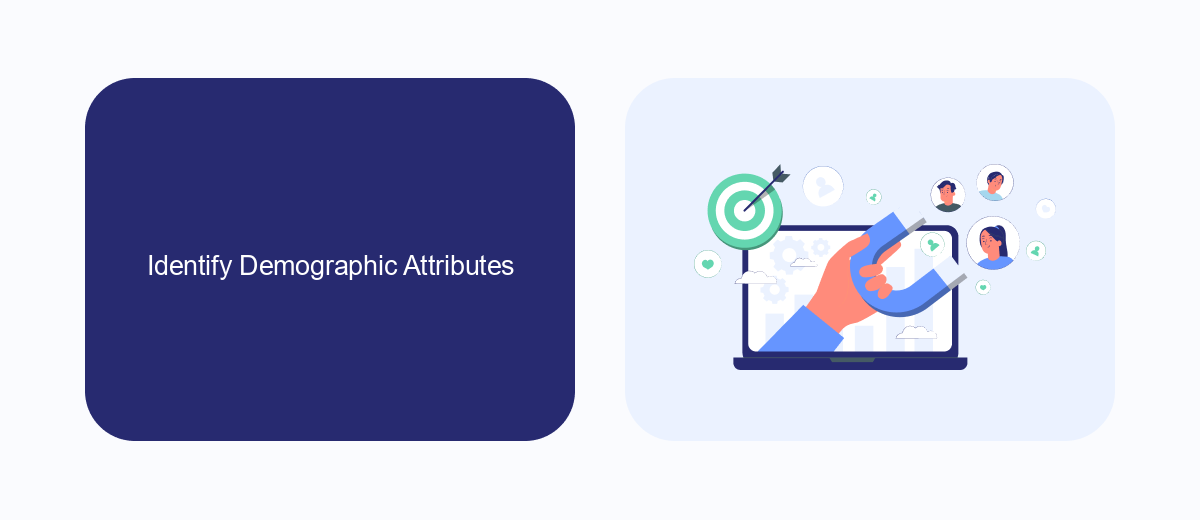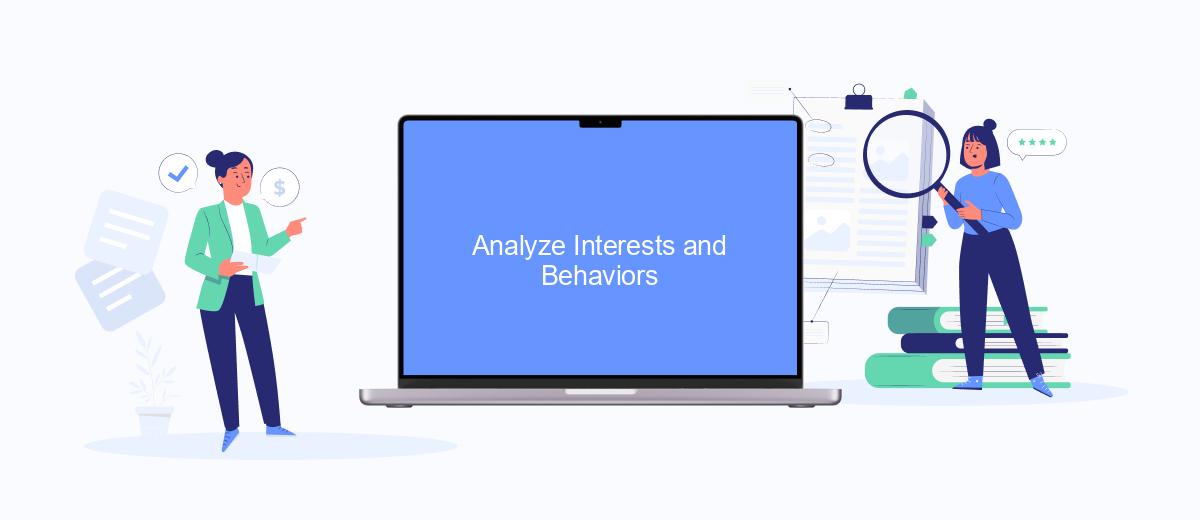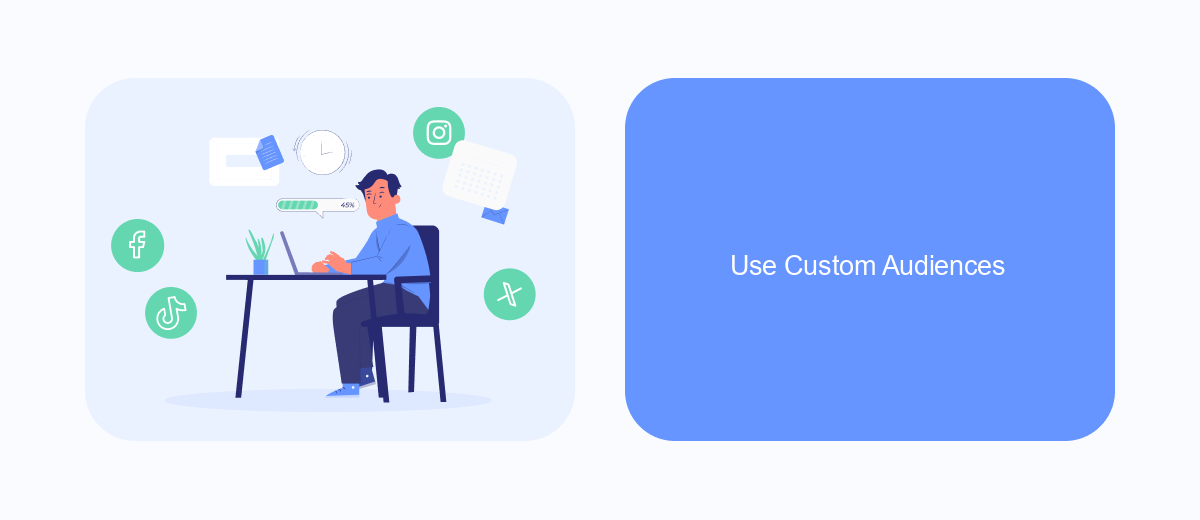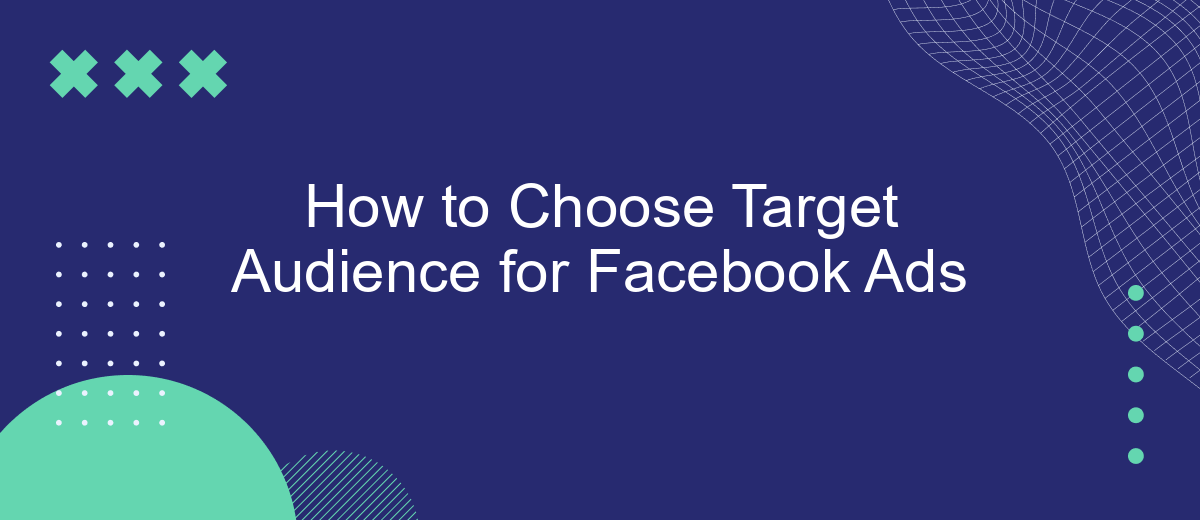Choosing the right target audience for your Facebook ads is crucial for maximizing your marketing efforts and budget. With billions of users on the platform, pinpointing who will most likely engage with your content can significantly boost your campaign's success. This guide will walk you through the essential steps and strategies to identify and reach your ideal audience.
How to Determine Target Audience for Facebook Ads
Determining the right target audience for your Facebook ads is crucial for maximizing your campaign's effectiveness. Start by analyzing your current customer base and identifying common characteristics such as age, gender, location, interests, and purchasing behavior. This will help you create a customer persona that represents your ideal audience.
- Analyze customer data: Use tools like Facebook Insights to gather data on your existing audience.
- Define customer personas: Create detailed profiles of your ideal customers.
- Utilize Facebook Audience Insights: Leverage this tool to gain deeper insights into your potential audience.
- Segment your audience: Break down your audience into smaller groups based on specific criteria.
- Test and refine: Run A/B tests to see which audience segments respond best to your ads.
Additionally, consider using services like SaveMyLeads to integrate your Facebook ads with other platforms and automate lead management. This will help you collect and analyze data more efficiently, allowing you to continuously refine and optimize your target audience for better results.
Identify Demographic Attributes

Identifying the demographic attributes of your target audience is crucial for the success of your Facebook ads. Start by analyzing basic demographic factors such as age, gender, location, and language. This information helps you to tailor your advertisements to the specific needs and preferences of different demographic groups. Utilize Facebook's Audience Insights tool to gather detailed data about your current audience and identify trends that can inform your ad strategy.
Additionally, consider using tools and services like SaveMyLeads to automate and streamline your data collection process. SaveMyLeads can help you integrate various data sources, ensuring you have a comprehensive view of your audience demographics. By leveraging such services, you can save time and focus on creating more personalized and effective ad campaigns. Understanding these demographic attributes allows you to reach the right people with the right message, ultimately increasing the ROI of your Facebook ad campaigns.
Analyze Interests and Behaviors

To effectively target your audience on Facebook, it's crucial to analyze their interests and behaviors. This helps in creating more personalized and engaging ads that resonate with your potential customers. Understanding what your audience likes, shares, and engages with can significantly enhance your ad performance.
- Use Facebook Audience Insights to gather data about your audience's interests, demographics, and behaviors.
- Leverage third-party tools like SaveMyLeads to integrate and automate data collection from various sources, giving you a comprehensive view of your audience.
- Monitor engagement metrics on your existing posts and ads to identify patterns in what content performs best among different segments of your audience.
By thoroughly analyzing interests and behaviors, you can create highly targeted Facebook ads that appeal directly to your audience's preferences. This not only improves your ad relevance but also maximizes your return on investment. Using tools like SaveMyLeads can streamline this process, making it easier to gather and interpret data for better ad targeting.
Use Custom Audiences

Custom Audiences on Facebook allow you to target specific groups of people who have already shown interest in your business. This feature enables you to create highly personalized ad campaigns by using data from your existing customers or website visitors. By leveraging Custom Audiences, you can maximize the effectiveness of your ad spend and improve conversion rates.
To get started with Custom Audiences, you need to gather data from various sources such as customer lists, website traffic, or engagement on your Facebook page. You can upload these data sets directly to Facebook or use third-party services to streamline the process. One such service is SaveMyLeads, which helps automate data integration and ensures your audience lists are always up-to-date.
- Upload customer email lists or phone numbers.
- Use website traffic data collected via Facebook Pixel.
- Target users who have engaged with your Facebook page or posts.
- Integrate with CRM systems using SaveMyLeads for seamless data updates.
By utilizing Custom Audiences, you can create more relevant and engaging ads that resonate with your target market. This not only helps in retaining existing customers but also in attracting new ones who are more likely to convert. Make sure to regularly update your audience data to keep your campaigns effective and aligned with your marketing goals.
Monitor and Adjust
Once you've set up your Facebook ads targeting, it's crucial to continuously monitor their performance. Utilize Facebook Ads Manager to track key metrics such as click-through rates, conversion rates, and engagement. By regularly reviewing these metrics, you can identify which segments of your target audience are responding well and which ones may need adjustments. Additionally, tools like SaveMyLeads can help streamline your data collection and integration processes, ensuring you have up-to-date information to make informed decisions.
Adjusting your target audience based on performance data is essential for optimizing your ad campaigns. If certain demographics or interests are underperforming, consider refining your criteria or expanding your reach to include new segments. Use A/B testing to experiment with different targeting options and ad creatives. By leveraging the insights gained from continuous monitoring and using services like SaveMyLeads for seamless data integration, you can make data-driven adjustments that enhance your campaign's effectiveness and ROI.
- Automate the work with leads from the Facebook advertising account
- Empower with integrations and instant transfer of leads
- Don't spend money on developers or integrators
- Save time by automating routine tasks
FAQ
How do I define my target audience for Facebook Ads?
What tools can I use to research my target audience?
How specific should my target audience be?
Can I create multiple target audiences for different campaigns?
How can I test and optimize my target audience?
SaveMyLeads is a simple and effective service that will help you automate routine tasks and optimize business processes. Stop wasting time uploading leads from Facebook manually – you can do it automatically, saving a lot of time and money. Eliminate routine from workflows and achieve more with minimal investment of money, effort and human resources.

